|
Most mainstream media coverage would lead you to believe that Canadians are divided on the issues of climate change and carbon taxes. But as faithful readers of The Conversation Canada, you know we rely on academic research to get to the truth. Our latest example comes from Matto Mildenberger of the University of California and Erick Lachapelle of the Université de Montréal, who write today about new research that gives a riding-by-riding breakdown of how Canadians feel about climate issues. Their online tool shows that in all regions of the country, Canadians believe they have experienced the negative effects of climate change and that most support a cap-and-trade system on greenhouse gas emissions.
Elsewhere today, we explain why people with autism are two to three times more likely to experience a preventable injury and what parents can do to keep children with autism safe. There also an update on a recent report on Canada’s approach to criminalizing those who don’t disclose they’re living with HIV to sexual partners.
As a former dog owner, I used to spend hours wondering what was going on between the ears of my canine friend. Jacob Beck of York University asks the philosophical question: can we really know what animals are thinking? I won’t give away the answer…but I encourage you to read on to find out.
Regards,
|
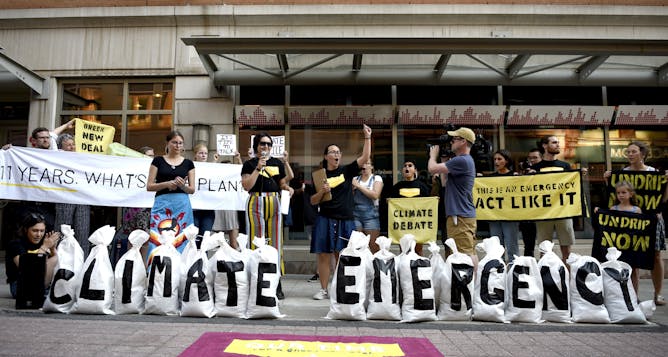
According to new research, the majority of Canadians in all but three ridings across the country believe their province has already felt the effects of climate change.
THE CANADIAN PRESS/Justin Tang
Matto Mildenberger, University of California, Santa Barbara; Erick Lachapelle, Université de Montréal
Climate change could take centre stage during Canada's federal election.
|
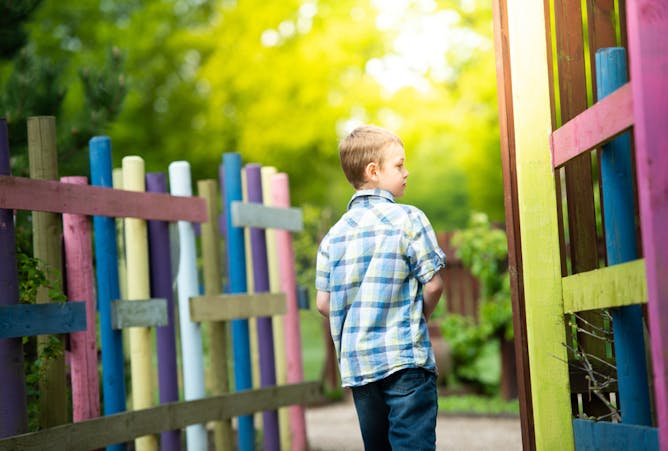
Children with ASD are particularly prone to poisoning, suffocation and wandering that can lead to death by drowning or vehicular accident.
(Shutterstock)
Kendra Thomson, Brock University
This simple strategy could help your child safely negotiate dangerous situations such as getting lost in a public place or discovering a firearm.
|
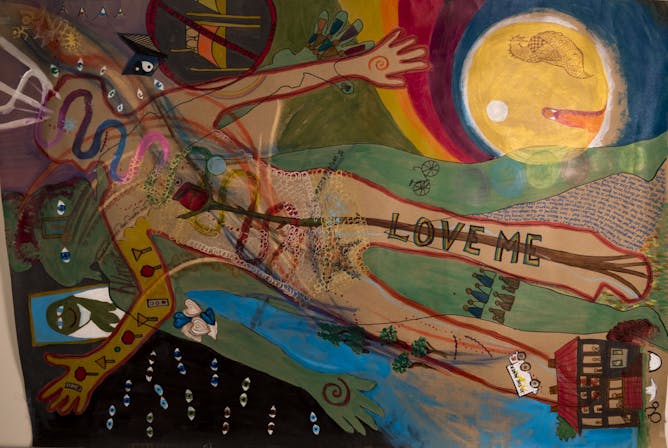
Women living with HIV shared their realities with the Women, Art, and The Criminalization of HIV (WATCH) study. Here, ‘Body Map,’ by Peggy F.
Peggy F. / Women, Art and The Criminalization of HIV (WATCH) study
Angela Kaida, Simon Fraser University; Sarah Spencer, Simon Fraser University
Changes to the criminalization of HIV nondisclosure in Canada must consider the vulnerability and violence experienced by women living with HIV.
|
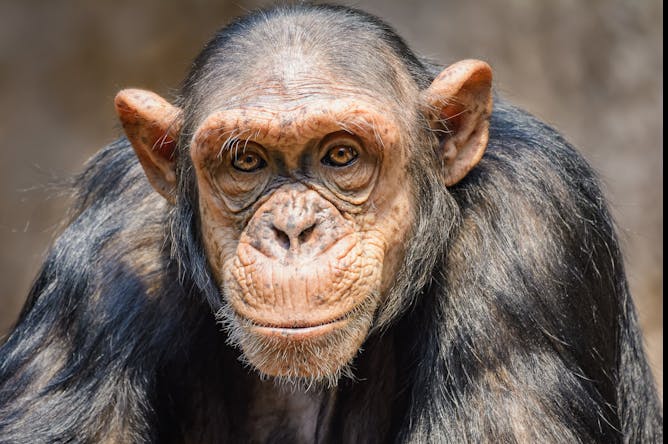
Animal thought does not have the structure of human language.
Shutterstock
Jacob Beck, York University, Canada
Can we really know what animals think? A philosopher argues that we can't, not with any precision.
|
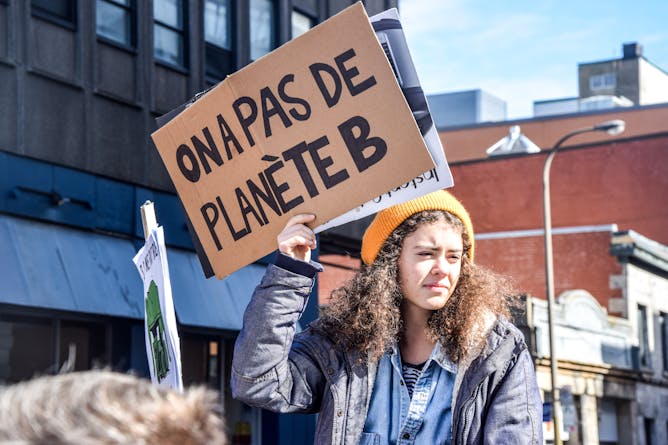
Manifestation à Montréal, en mars 2019, pour la sauvegarde de l'environnement.
Shutterstock
Matto Mildenberger, University of California, Santa Barbara; Erick Lachapelle, Université de Montréal
La majorité des Canadiens, tant dans les circonscriptions conservatrices que libérales, s'entendent pour dire que les changements climatiques constituent une menace majeure.
|
Culture + Society
|
-
Justin Jones, University of Oxford
The Indian government’s recent criminalisation of instant 'triple-talaq' divorce has stoked dispute among the very people it purports to protect: Muslim women.
|
|
Politics
|
-
Chris Stafford, University of Nottingham
MPs blocked the prime minister's motion to hold an election – but that doesn't mean they don't want one.
|
|
Science + Technology
|
-
Duncan T Odom, University of Cambridge
Current plans for lunar exploration may end up destroying ancient, genetic samples from Earth that have ended up on the moon.
|
|